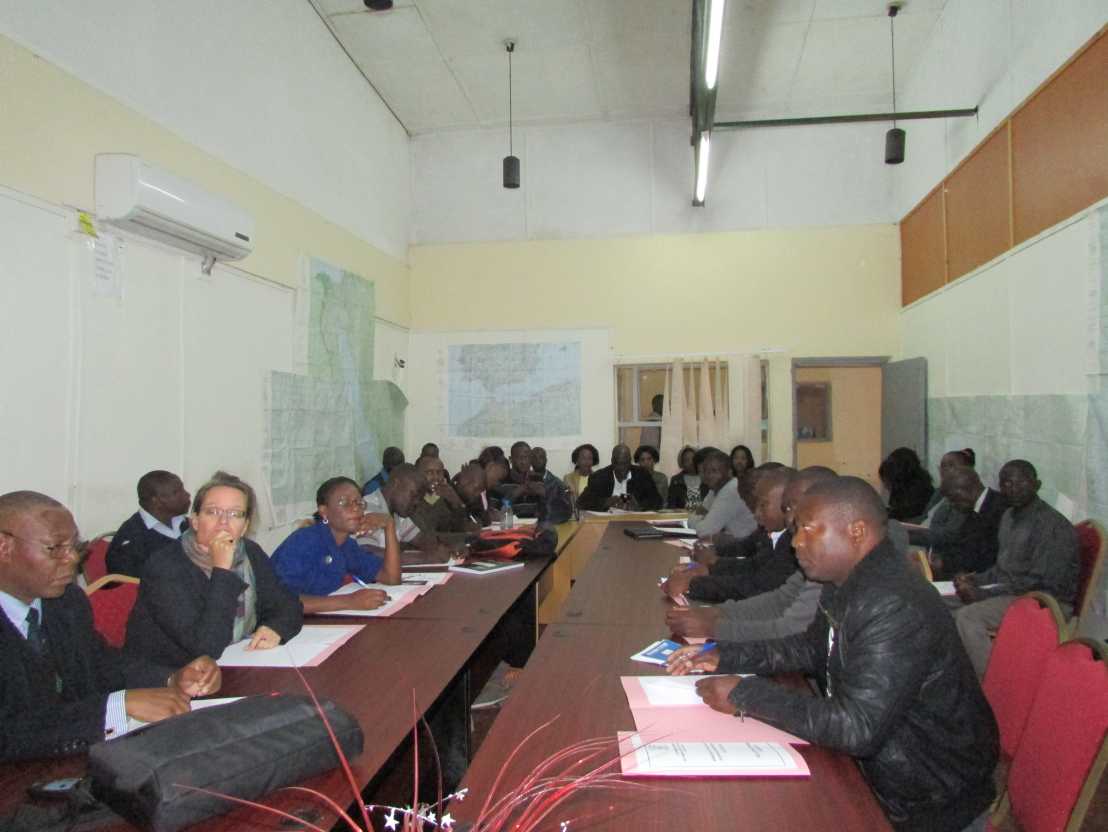Conference on "Ethnicity and Nation-building in Contemporary Zambia", June 23-24
The Dag Hammarskjöld Institute for Peace and Conflict Studies at the Copperbelt University in Zambia held a two-day conference on “Ethnicity and Nation-building in Contemporary Zambia,” from 23rd to 24th June, 2016.

Organized as part of the R4D program, the conference provided an avenue for speakers to critically examined how ethnicity has shaped the nation-building process in contemporary Zambia. Given the nature and magnitude of existing political and economic inequalities (both objective and perceived), especially in resource rich regions such as the new Copperbelt, the discussions led to the assessment that ethnic power relations have shaped the Zambian political landscape to the extent that nation-building has become a challenge. In fact, contrary to the moto “One Zambia, One Nation”, local identities and ethnicity have remained politically relevant. Strikingly, participants at the conference noted that previously neutral institutions, such as the Electoral Commission of Zambia (ECZ), churches, civil society groups, and security agencies, could now be described as both politicized and ethnicized.
Speakers at the conference came from a variety of southern Africa institutions: The University of Zambia (Lusaka), the University of Free State (South Africa), the Southern African Institute for Policy and Research (Lusaka), the Southern African Center for the Constructive Resolution of Disputes (Lusaka), and the Foundation for Democratic Process (Lusaka and Kitwe). Traditional leaders from the Solwezi, Ndola, Kitwe, and Lufwanyama districts also took part in the conference, as did politicians from various political parties.
The audience included students and lecturers from selected universities and colleges in Zambia (the University of Zambia, Mukuba University, Catholic University, Copperstone University, Kitwe College of Education, Mufulira College of Education, United Church of Zambia University College, and Mindolo ecumenical Centre), political parties, politicians and civil society groups.
For more information, please see the Download official program (PDF, 446 KB).